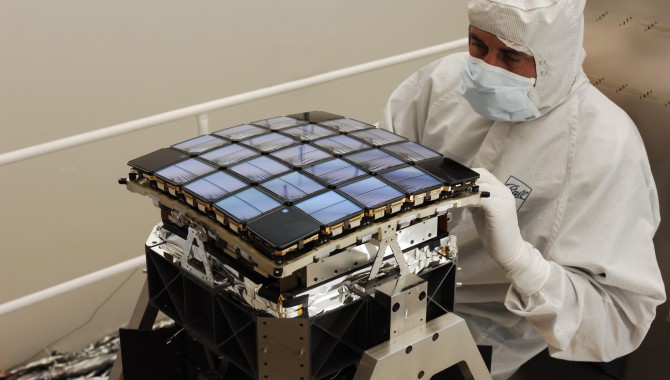
By Kerry Ellis Navigating to alien planets similar to our own is a universal theme of science fiction. But how do our space heroes know where to find those planets?

By Kerry Ellis Navigating to alien planets similar to our own is a universal theme of science fiction. But how do our space heroes know where to find those planets?
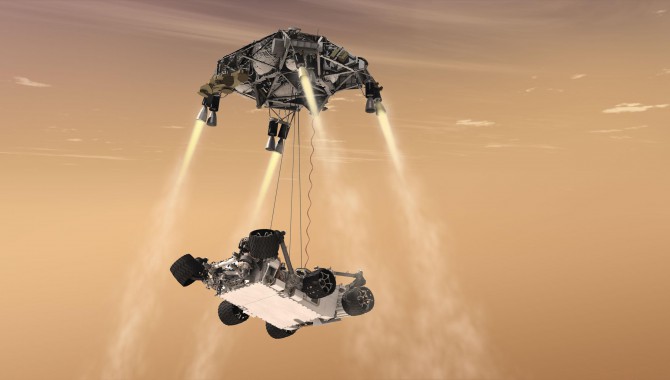
By Don Cohen For all these missions, entering and descending through the Martian atmosphere and putting an undamaged lander on the surface (the mission phase known as EDL, for entry, descent, and landing) has been technically demanding.
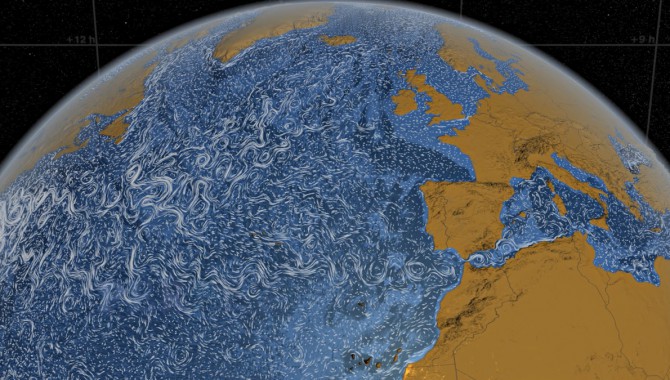
This visualization shows ocean surface currents around the world during the period from June 2005 through December 2007, produced using model output from the joint Massachusetts Institute of Technology (MIT)/Jet Propulsion Laboratory project: Estimating the Circulation and Climate of the Ocean, Phase II, or ECCO2. ECCO2 uses the MIT general circulation model to synthesize satellite […]

Don Cohen, Managing Editor In his “From the Academy Director” column, Ed Hoffman argues that political and social skills are essential to carrying out ambitious projects.
By Ed Hoffman What is the most likely culprit in failures to meet grand societal challenges? How do we understand and address the increasing complexity of missions? To rephrase those questions in more general terms: What poses the greatest risk to projects?

By Laurence Prusak The question I most often hear when I speak to people about how to work with knowledge is some variation of “How can we measure the value of knowledge activities or projects?
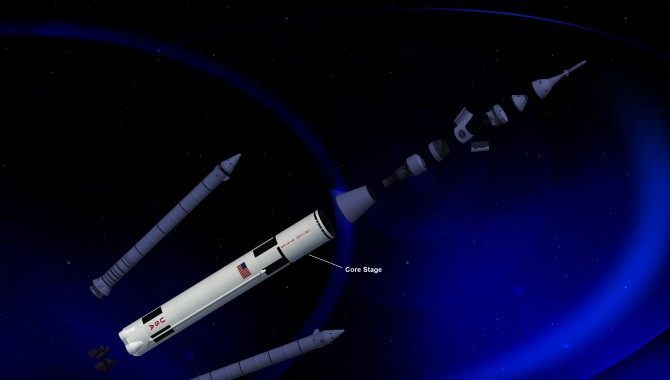
NASA in the News The nation’s space exploration program took a critical step forward after a successful technical review of the core stage of the Space Launch System (SLS), the rocket that will take astronauts farther into space than ever before.
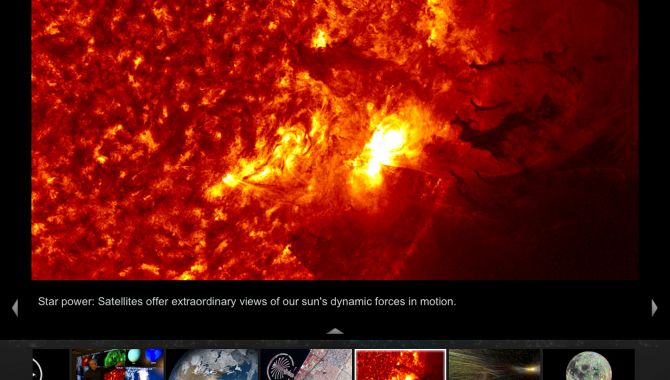
By Helen-Nicole Kostis and Don Cohen At the start of the video, we see a bright sliver of Earth against a background of the star-speckled blackness of space.
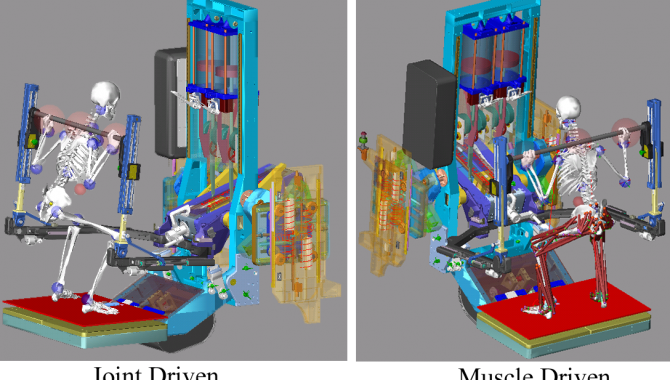
By Lealem Mulugeta and DeVon Griffin Conducting human missions beyond low-Earth orbit to destinations such as asteroids and Mars will require substantial work to ensure the well-being of the crew.